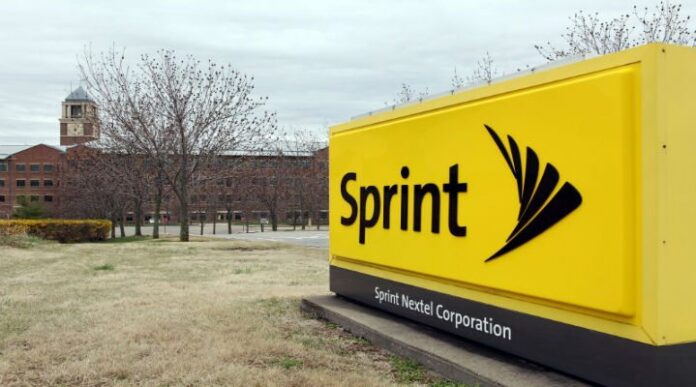The carrier is currently testing its Mobi self-driving robot using its LTE network in New York
Sprint, working with Adaptive Motion Group (AMG), is starting to deploy its “Mobi” self-driving robot — designed to charge electric buses, cars and industrial vehicles in New York City.
Sprint said the units are solar-charged and will move to where they are needed using artificial intelligence, Sprint’s internet of things (IoT) technology and the carrier’s 5G mobile network. Sprint recently announced plans to start deploying 5G in New York City in the first half of 2019.
“We are thrilled to demonstrate just how an intelligent robot like Mobi will dramatically reduce CO2 emissions across New York City by making electric vehicle use more practical,” said Ivo Rook, senior vice president, IoT at Sprint. “AMG’s impressive self-driving and positioning will come alive through Sprint IoT technology and the next-generation Sprint 5G mobile network we are building – allowing it to travel to parked vehicles across the city. The current reality of vehicles taking turns at electric charging stations is just not efficient and slows the real-world adoption of EVs. We believe that this is the ultimate solution for a cleaner, healthier New York City.”
The tests utilize Sprint’s LTE network in advance of the company launching the first 5G mobile network in the U.S next year.
To further reduce carbon emissions, LG Electronics added an efficient energy storage solution that uses solar energy cells and a lithium-ion battery to charge the Mobi unit. The unit is also combined with a system that will use small 5G signal units mounted on various city street fixtures to enable more accurate location navigation, known as micro-positioning.
“5G enabled micro-positioning will enable new applications from connected vehicles to augmented reality,” said David Bruemmer, CEO of AMG. “We are starting with parking lots, but smart parking will become smart roads and, eventually, smart cities.”
In May this year, Sprint expanded its list of markets for initial roll-outs of 5G network technology, saying that it will build out 5G in New York City; Phoenix, Ariz., and the Kansas City market — the carrier’s hometown.
Those three cities join Atlanta, Ga.; Chicago, Ill.; Dallas and Houston, Tex., Los Angeles, Calif. and Washington, D.C. as the carrier’s intended first targets for 5G build-out. Sprint said that in April, it began putting up its first massive multiple-input multiple-output radios in NYC, Los Angeles and Dallas, and that more are on the way, with “thousands of massive MIMO radios” to be deployed this year and in 2019.

